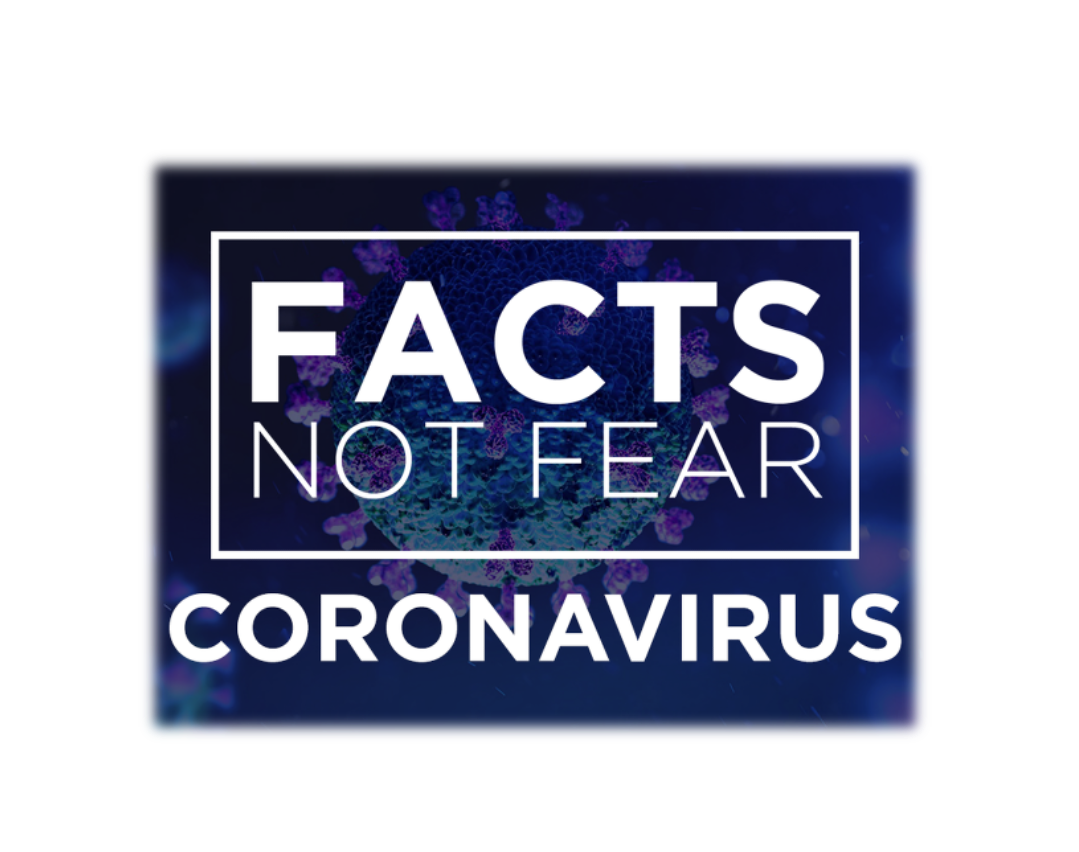
Most of us don’t want to feel negative, live in fear, feel sad, or be in pain. Most of us hate feeling like a victim. I think in good times and bad, people generally forget that they are more in control of their emotions (and subsequent actions) than they give themselves credit for.
What do you choose to focus on, what do you choose to use to inform your decisions? Even when unwanted raw emotions happen to you, it’s completely your choice to break through the fear, the sadness, the pain. It’s just not easy. Negative thoughts require effort to change before we get to healthy ones. There are many books, podcasts, online resources, and professionals out there to help you with this. There is undeniable science out there to prove that changing your thoughts and feelings towards more rational or positive ones have significant positive impacts on your actions, your physiology, your brain chemistry.
More today than ever, it seems as though fear is driving many of our decisions on how to stay as safe and healthy as possible related to coronavirus concerns, especially for those of us who want to go outside or for those who have to leave him for work or essential supplies. Among the many recommendations during quarantines or Shelter in Place episodes, wearing gloves and masks, avoiding physical contact with others, and keeping distance from others are all important actions to consider, as are extra hand washing, sneezing/coughing into your elbow, and wiping down commonly touched surfaces in your home. As an Obsessive-Compulsive Disorder (OCD) specialist, I’m often asked how to tell when these preventative actions are sensible, science-based, and/or appropriate and when they become excessive, unnecessary, or ritualistic in their most extreme versions.
Without me telling people what to do, as I am no more an expert on COVID-19 prevention than anyone else out there following the recommendations shared by the CDC, NIH, or WHO, I shared some professional observations on my FB Live fireside chat this past Friday with Chrissie Hodges and OCD Gamechangers around minute 47:00. I addressed hand washing, virus contamination, and how those with or without OCD are understandably questioning whether something is more ritualistic and unnecessary to feel less anxiety or whether it’s more of a science-based safety precaution. Without compromising basic health guidelines, I believe that each person has the right to take whatever actions they need to so they remain safe and medically healthy. I caution those who are taking extraneous measures that truly have no added value to staying medically healthy and that only serve to reduce fear and provide a false sense of security.
A former ER nurse wonderfully demonstrates the flawed actions/logic (click here for video) of any of us simply wearing gloves and touching anything outside of our virus safety zone (unless you are the only who truly decontaminates after touching every single object). The science behind cross contamination that she highlights is very real and fears are driving many of the erroneous decisions we make when we leave our house.
So, each of us will make our own decisions that give us some sense of emotional security, I’m no different. Yet, I know that feelings don’t make you safe (or more dangerous), but your actions do. Therefore, consider the following recommendations when taking health actions for medical prevention vs anxiety prevention during these stressful times, recommendations based on evidence-based guidelines informed by the CDC, NIH and my training and experience as an anxiety specialist:
- reduce (or eliminate) contact with things/people that are out of your virus safety circle
- maintain the recommend physical distance from others (but try your best to stay socially engaged with others) when leaving the house
- reduce or eliminate touching your face, especially after being in physical contact with objects outside of your virus safety circle
- cover your own mouth so you don’t spread any symptoms, even if you think you are COVID free
- take inventory (write them down) of the safe and healthy actions you are taking each day and be proud of them
- evaluate whether prevention or intervention actions you take are done so to mostly reduce fear rather than reduce medical contamination exposure (as is suggested in the nurse’s video above)
- and continue to make safe and healthy choices that are driven by the facts and by science, not by what “feels” better for you, or by what friends told you to do, or by what anxiety dictates you do, as these often are at the compromise of your own social and emotional well being
Face your fears. Live with uncertainty. Take control of your life.
Dr. Josh Spitalnick
Licensed Psychologist, Board Certified in Behavioral and Cognitive Therapy
Practice Owner, Anxiety Specialists of Atlanta
Dr. Spitalnick specializes in the assessment and treatment of anxiety disorders and OCD in children, adolescents, and adults

